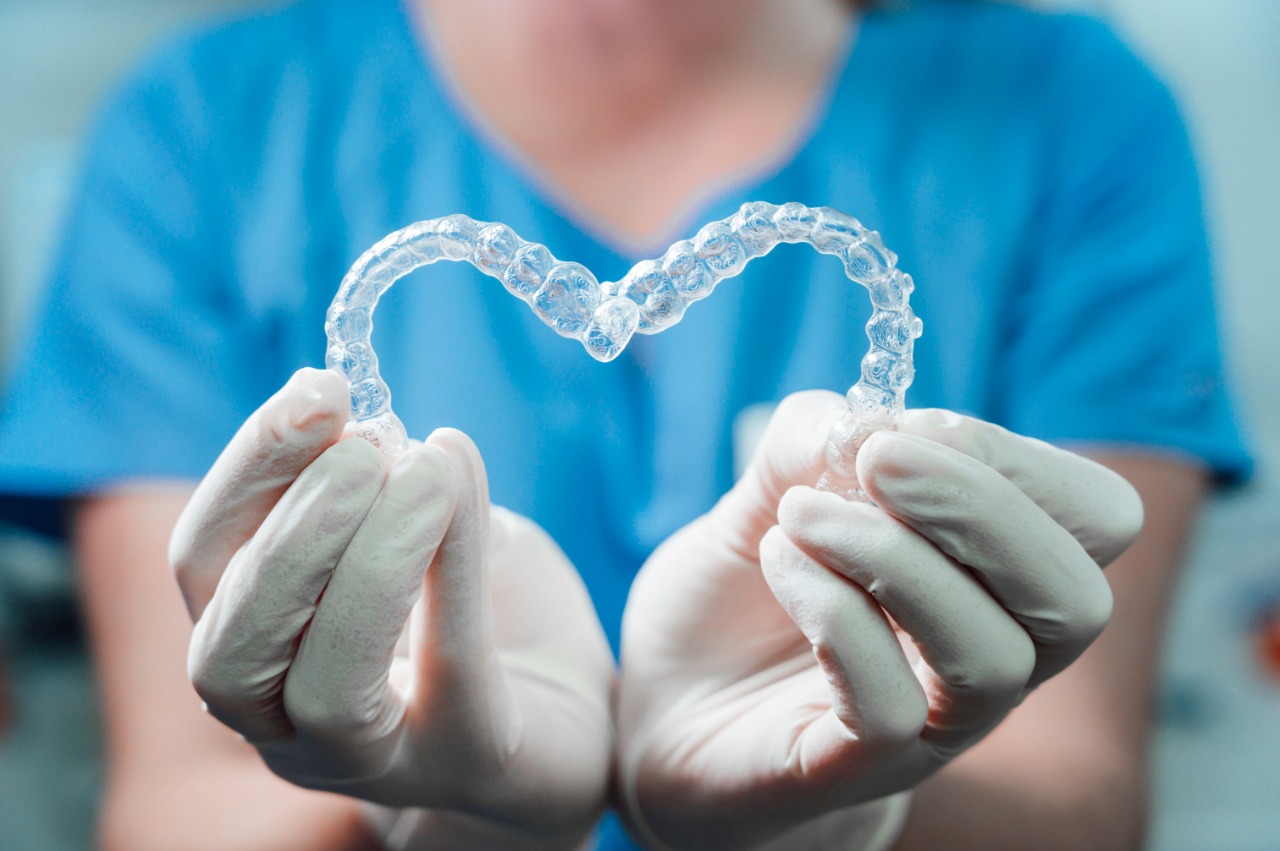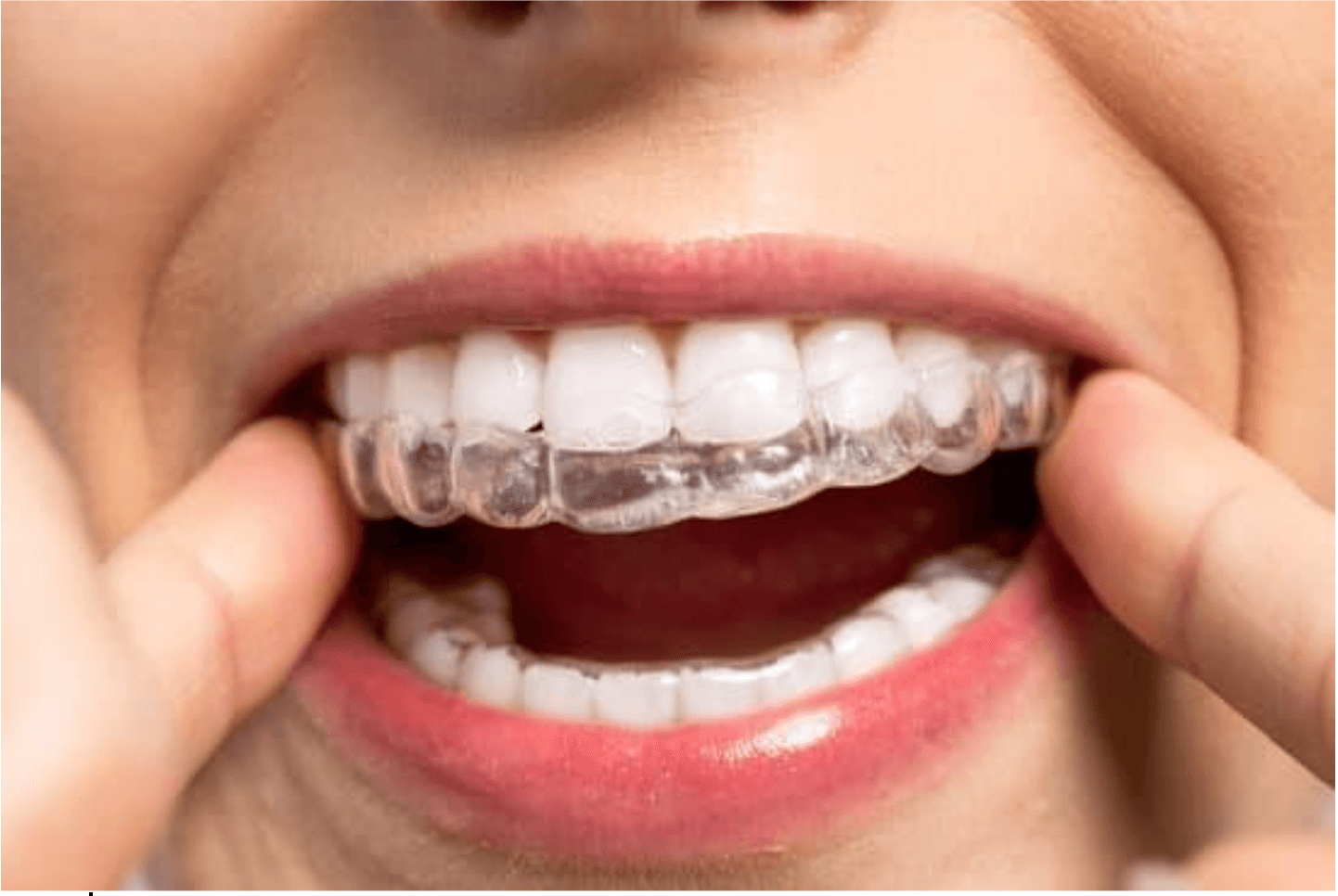Can aligners cause gum recession? Our Experts nswer
February 23, 2024

Gum recession is a common dental condition that occurs when the gum tissue surrounding the teeth wears away or pulls back, exposing the roots of the teeth. This can lead to a host of dental problems, including tooth sensitivity, decay, and even tooth loss. With the increasing popularity of aligners as an orthodontic treatment option, many people are concerned about the potential risk of aligners causing gum recession. In this article, we will delve into this topic and provide expert insights on the matter.
Understanding Gum Recession
Gum recession, also known as gingival recession, is a gradual process that happens over time. It can be caused by a variety of factors, including poor oral hygiene, aggressive brushing, gum disease, hormonal changes, and genetic predisposition. Additionally, certain habits such as smoking, teeth grinding, and tongue or lip piercings can contribute to gum recession. It is important to note that gum recession can occur in individuals of all ages, although it is more common in older adults.
Causes of Gum Recession
While there are numerous factors that can contribute to gum recession, it is essential to understand that aligners themselves do not directly cause gum recession. Rather, it is the improper use or neglect of oral hygiene while using aligners that can lead to gum recession. When aligners are not cleaned regularly or fitted properly, plaque and bacteria can accumulate, leading to gum inflammation and potential recession. It is crucial to follow the instructions provided by your orthodontist and maintain good oral hygiene habits to minimize the risk of gum recession.
Common misconceptions about aligners and gum recession
There are several misconceptions surrounding aligners and their potential to cause gum recession. One common misconception is that the pressure exerted by aligners on the teeth can cause the gums to recede. However, aligners are designed to apply gentle yet effective pressure to gradually shift the teeth into their proper positions. When used correctly, aligners should not exert excessive force on the gums, and therefore, should not cause gum recession.
Another misconception is that aligners can trap food particles and bacteria against the gums, leading to gum recession. While it is true that aligners can trap food particles if not properly cleaned, it is the accumulation of plaque and bacteria that can cause gum inflammation and recession, rather than the aligners themselves. Regular cleaning and maintenance of aligners, as well as good oral hygiene practices, can help prevent this issue.
Expert opinion: Can aligners cause gum recession?
According to mySmilist experts, aligners themselves do not cause gum recession. However, it is important to note that improper use or neglect of oral hygiene while using aligners can increase the risk of gum recession. Dr. Smith, a renowned orthodontist at mySmilist, explains, “Aligners are a safe and effective orthodontic treatment option. The key is to follow the instructions provided by your orthodontist, maintain good oral hygiene habits, and attend regular check-ups to ensure the proper fit and function of the aligners.”
Dr. Johnson, another esteemed mySmilist expert, emphasizes the significance of proper cleaning and maintenance of aligners. “Cleaning your aligners regularly and thoroughly is crucial to prevent plaque and bacteria buildup. Additionally, it is important to remove your aligners when eating or drinking anything other than water to minimize the risk of trapping food particles against the gums,” says Dr. Johnson.
Factors to consider when using aligners
- Choose a Reputable Orthodontist or Dental Professional:
- Select a specialist in aligner treatments to ensure proper fitting and comprehensive instructions.
- Expert guidance reduces the risk of aligners exerting excessive pressure on the gums, which can lead to recession.
- Maintain Excellent Oral Hygiene Practices:
- Brush teeth at least twice a day with a fluoride toothpaste to remove plaque and bacteria.
- Floss daily to clean between teeth and along the gumline, preventing buildup and irritation.
- Use a dentist-recommended mouthwash to reduce bacteria and promote gum health.
- Commit to Consistent Aligner Wear and Care:
- Follow the prescribed wear schedule provided by your orthodontist to ensure effective treatment.
- Clean aligners regularly using recommended methods to prevent bacterial growth and plaque buildup.
- Avoid prolonged exposure to sugary or acidic substances that can contribute to gum inflammation and recession.
- Attend Regular Check-ups with Your Orthodontist:
- Schedule routine appointments to monitor the progress of your aligner treatment.
- Address any concerns or discomfort promptly to prevent complications such as gum recession from worsening.
- Your orthodontist can make necessary adjustments to ensure optimal alignment and minimize gum-related issues.
Preventive measures to avoid gum recession
- Maintain Consistent Oral Hygiene Routine:
- Brush teeth gently with a soft-bristled toothbrush at least twice a day.
- Use fluoride toothpaste to strengthen enamel and prevent decay.
- Floss daily to remove plaque and food particles from between teeth and along the gumline.
- Use Antimicrobial Mouthwash:
- Incorporate an antimicrobial mouthwash into your oral hygiene routine.
- Mouthwash can help kill bacteria and reduce the risk of gum inflammation associated with aligner use.
- Avoid Habits Contributing to Gum Recession:
- Quit smoking, as tobacco use is a major risk factor for gum disease and recession.
- Avoid teeth grinding or clenching, which can exert excessive pressure on the gums and contribute to recession.
Maintaining good oral hygiene with aligners
Maintaining good oral hygiene is crucial when using aligners to minimize the risk of gum recession. Start by thoroughly cleaning your aligners daily using a non-abrasive toothpaste and a soft-bristled toothbrush. Gently brush the aligners, making sure to remove any plaque or food particles. Avoid using hot water, as it can warp the aligners. Additionally, ensure that your teeth are clean before inserting your aligners. This will help prevent bacteria from being trapped between the aligners and your teeth, reducing the risk of gum inflammation and recession.
Seeking professional advice from mySmilist experts
If you have any concerns or questions about aligners and their potential impact on gum recession, it is recommended to seek professional advice from mySmilist experts or your orthodontist. They will be able to assess your specific situation, provide personalized guidance, and address any concerns you may have. Remember, each individual is unique, and it is important to consult with a dental professional who can provide tailored advice based on your oral health needs.
Conclusion: Promoting oral health with aligners
In conclusion, aligners themselves do not cause gum recession. However, improper use or neglect of oral hygiene while using aligners can increase the risk of gum recession. By following the instructions provided by your orthodontist, maintaining good oral hygiene practices, and seeking professional advice when needed, you can promote excellent oral health while undergoing aligner treatment. Remember, your oral health is a lifelong investment, and taking care of your gums is just as important as straightening your teeth.


